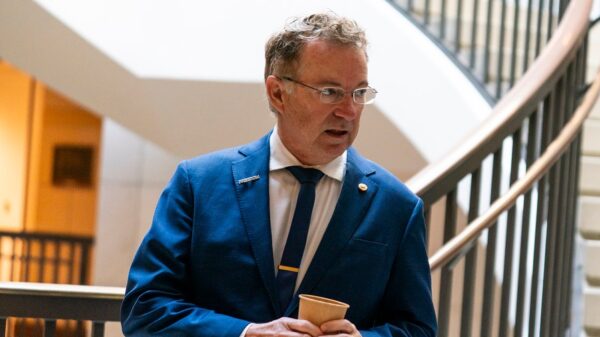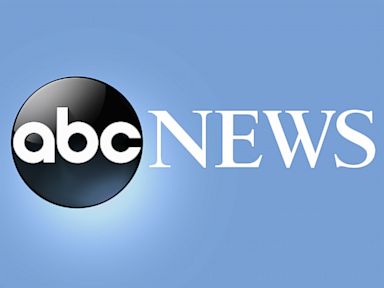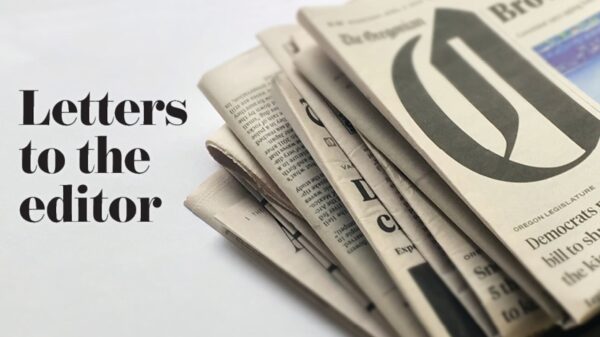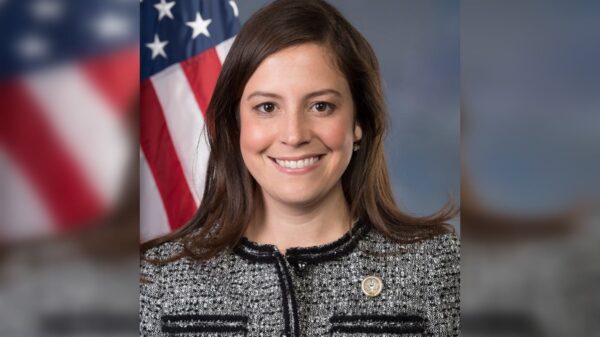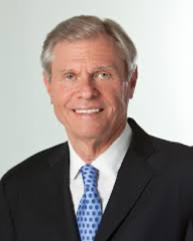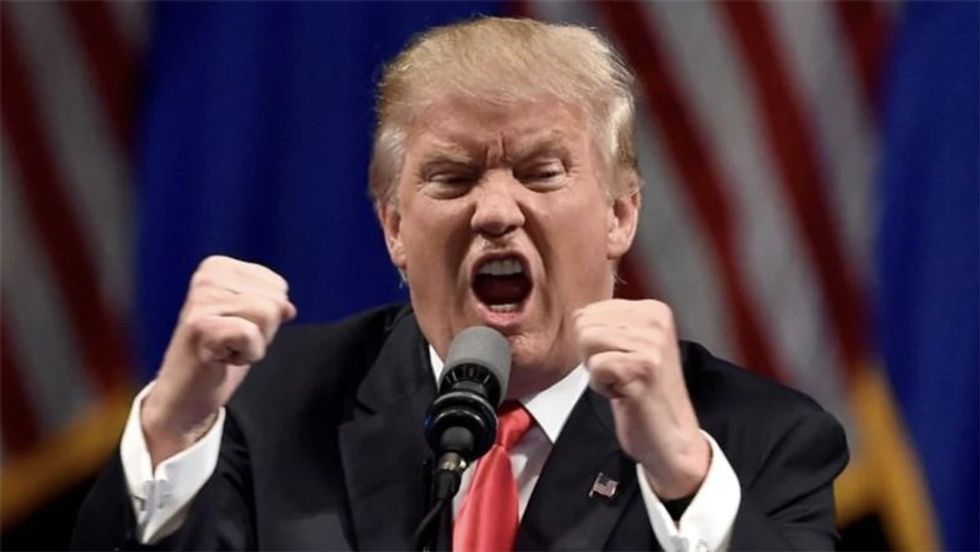A federal lawsuit filed by Harvard University against the Trump administration will be heard in court on March 4, 2024. This legal battle centers on Harvard’s challenge to Trump’s efforts to exert influence over independent universities, raising critical questions about academic freedom and the future of higher education in the United States. At stake is not only $2.2 billion in federal grants for scientific research but also the broader implications of Trump’s agenda on college admissions, hiring processes, and curricula.
The Trump administration has intensified its focus on colleges and universities, targeting them with accusations related to diversity, equity, and inclusion (DEI), antisemitism, and policies affecting transgender athletes. This has prompted calls for universities to unite against what many perceive as an assault on academic independence. If individual institutions only prioritize their own interests, they risk being isolated and vulnerable to the administration’s tactics, which have already affected various sectors including law firms and media.
In this context, Dartmouth College has come under scrutiny for its response to the ongoing tensions. Under the leadership of Sian Beilock, Dartmouth has notably avoided signing a recent letter of support for Harvard. This letter, endorsed by over 600 academic institutions, condemned government overreach and political interference that threatens the integrity of American higher education.
Dartmouth’s decision not to join its Ivy League peers in this statement has raised eyebrows, particularly as Beilock appointed Matt Raymer, the former top lawyer for the Republican National Committee, as the college’s general counsel. Raymer has previously expressed views aligning with Trump’s policies, including controversial stances on citizenship. This move has led to speculation about Dartmouth’s alignment with the administration’s views.
Further complicating matters, Beilock held a meeting with Harmeet Dhillon, a prominent figure in the Republican Party and now Assistant Attorney General for Civil Rights. Dhillon, who has a history with Dartmouth dating back to her tenure as editor of The Dartmouth Review, praised Beilock for her leadership in a post on social media. This connection raises questions about the potential influence of political affiliations on academic governance.
As the situation unfolds, Dartmouth has managed to avoid the kind of threats that have been directed at Harvard, which is currently facing litigation over these issues. This relative safety may be attributed to Beilock’s conciliatory approach towards the administration.
Critics, including Robert Reich, a former U.S. Secretary of Labor and current professor emeritus at Berkeley, have likened Dartmouth’s stance to that of British Prime Minister Neville Chamberlain before World War II, suggesting that appeasement of authoritarian figures only emboldens them. Reich’s commentary underscores the urgency for universities to resist political pressures rather than acquiesce for the sake of institutional security.
As the legal proceedings commence, the implications of this case extend beyond Harvard and Dartmouth, potentially setting a precedent for how higher education institutions navigate the intersection of politics and academic freedom. The outcomes may redefine the relationship between the federal government and universities, impacting funding, research, and the overall landscape of education in the United States.





